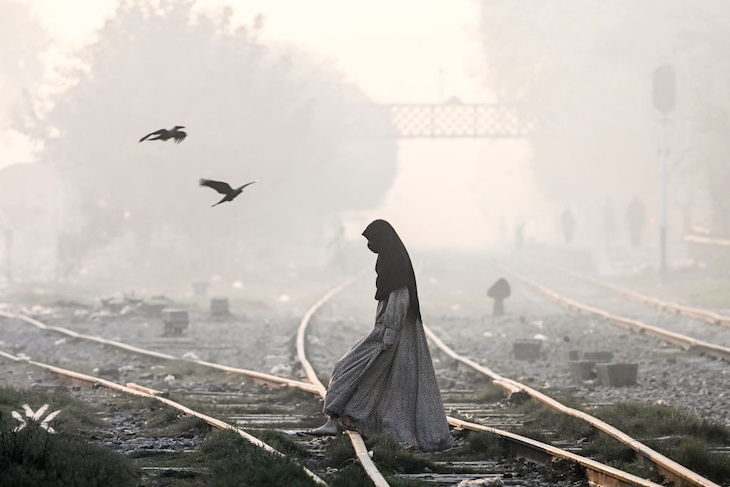Lahore, Pakistan
Pakistani-origin men are up to four times more likely to be reported to the police for child sex grooming offences than the general population in England and Wales, the first national police scheme data appeared to suggest last week.
The perpetrators of three of the most gruesome child abuse scandals in modern British history, in Rochdale, Rotherham, and Telford, were overwhelmingly of Pakistani origin. While sexual abuse takes place across demographics, not enough attention has been paid to the way these grooming gangs have been inspired by the anti-women customs of Pakistan.
There is a gory mix in the country of Islamic supremacism, primitive tribalism and violent misogyny
The majority of British-Pakistanis have their origins in Mirpur, a city in northern Pakistan. But while Mirpur is a part of Kashmir, its inhabitants predominantly share their customs, language, and culture with Punjabis, Pakistan’s majority ethnic group.
Certain attitudes dominate Pakistan. There is a gory mix in the country of Islamic supremacism, primitive tribalism and violent misogyny, which encourages some men to prey on girls. That many of these girls are underage has little sway on these men, since both their religious beliefs and customs see all females who have reached puberty as being fully grown women. This translates into a rape culture that in recent decades has seen young British girls being mercilessly violated. Sexual harassment by Pakistani men has been reported elsewhere as well, including in Turkey.
Pakistan’s sexist culture in built on skewed notions of ‘honour’ and ‘morality’, with women deemed property of men, and required to be under male supervision or custodianship.
Traditionally, ‘honourable’ women keep themselves segregated and limit their visibility in public. Any transgressions by women are considered immoral, and often result in violence. Islamic modesty codes which ask women to cover up so they are not harassed further fuels the idea that female ‘honour’ is linked to the lack of a woman’s visibility. Islamic traditions establishing sexual slavery also encourages the ‘loverboy’ abuse strategy.
In many cases, the Pakistani grooming gangs in the UK targeted Caucasian non-Muslim girls because they are lower in the ‘honour’ scale. This is exacerbated by the ‘white woman fantasy’ prevalent across Pakistan. European women are often fetishised in the pop culture of Pakistan, and often depicted as lusting after desi men. Many Pakistani novels, films and TV shows feature western and westernised women being ‘loose’. Similarly, Pakistani grooming gangs have deemed British girls ‘easy meat’ or ‘fair game’.
In Pakistan, rape culture and the belittling of sexual abuse isn’t just a feature of rural or tribal areas. Former military dictator Pervez Musharraf accused women of ‘using rape for moneymaking’, while Imran Khan, as prime minister, blamed the way women dress and their lifestyle choices for the rise in rape cases across the country. Khan continues to enjoy massive popularity among overseas Pakistanis, including in the UK. His playboy lifestyle during his cricket days – and later political career as a born-again Muslim – is often considered by young Pakistani men as the ideal life template.
In the UK, of course, there is ongoing uproar over the fact that horrific child abuse was able to continue for decades, in part because of political correctness and a fear of igniting racial tensions. It is only now that Pakistani grooming gangs are being accurately described as such. They are no longer being dubbed as ‘Asian’, or ‘South Asian’ – since it is evident that an overwhelming number of culprits come from one particular country.
While the failure of the British authorities to protect young girls from grooming gangs is lamentable, there is something currently missing to stop these crimes happening in the future. There needs to be a much greater backlash to these crimes within the Pakistani community. While many progressive and liberal Pakistanis condemn sexist violence at home, when these crimes take place in Britain, they join their predominantly conservative fellow community members in a conspiracy of silence. Ostensibly this is because they are afraid of racism and ‘Islamophobia’. For many of these progressives in Pakistan, upholding the myth of cultural equivalence is more important than providing justice to the victims and prevention of these monstrous acts. It would be far better to speak up against these crimes, instead of looking to pin the blame elsewhere.







Comments